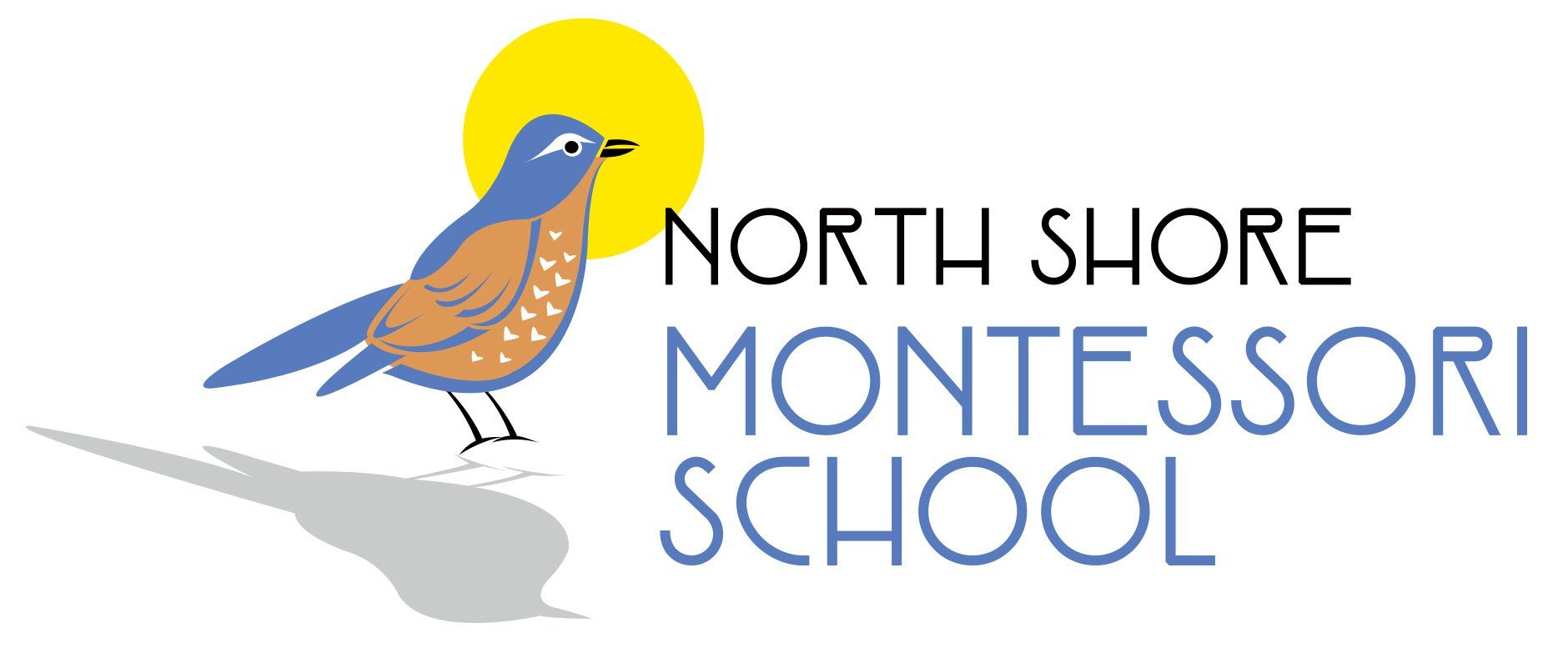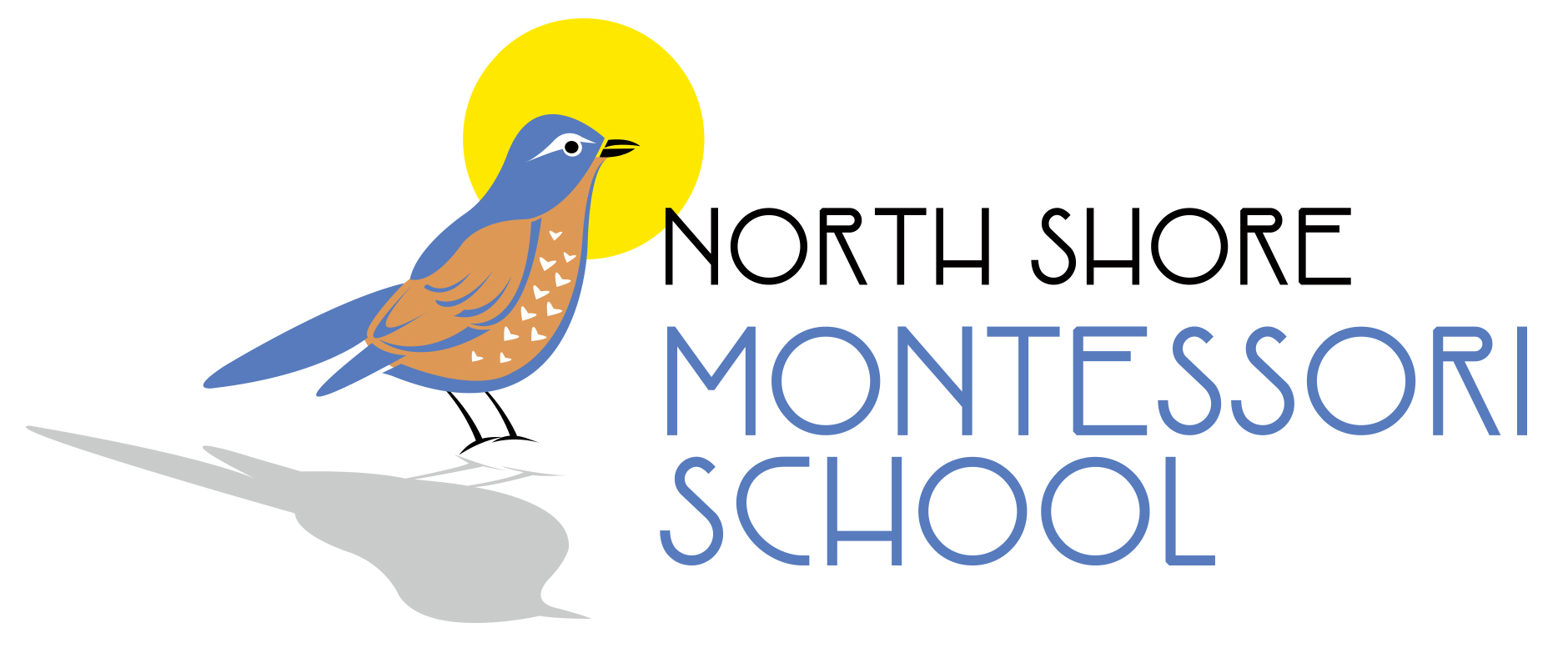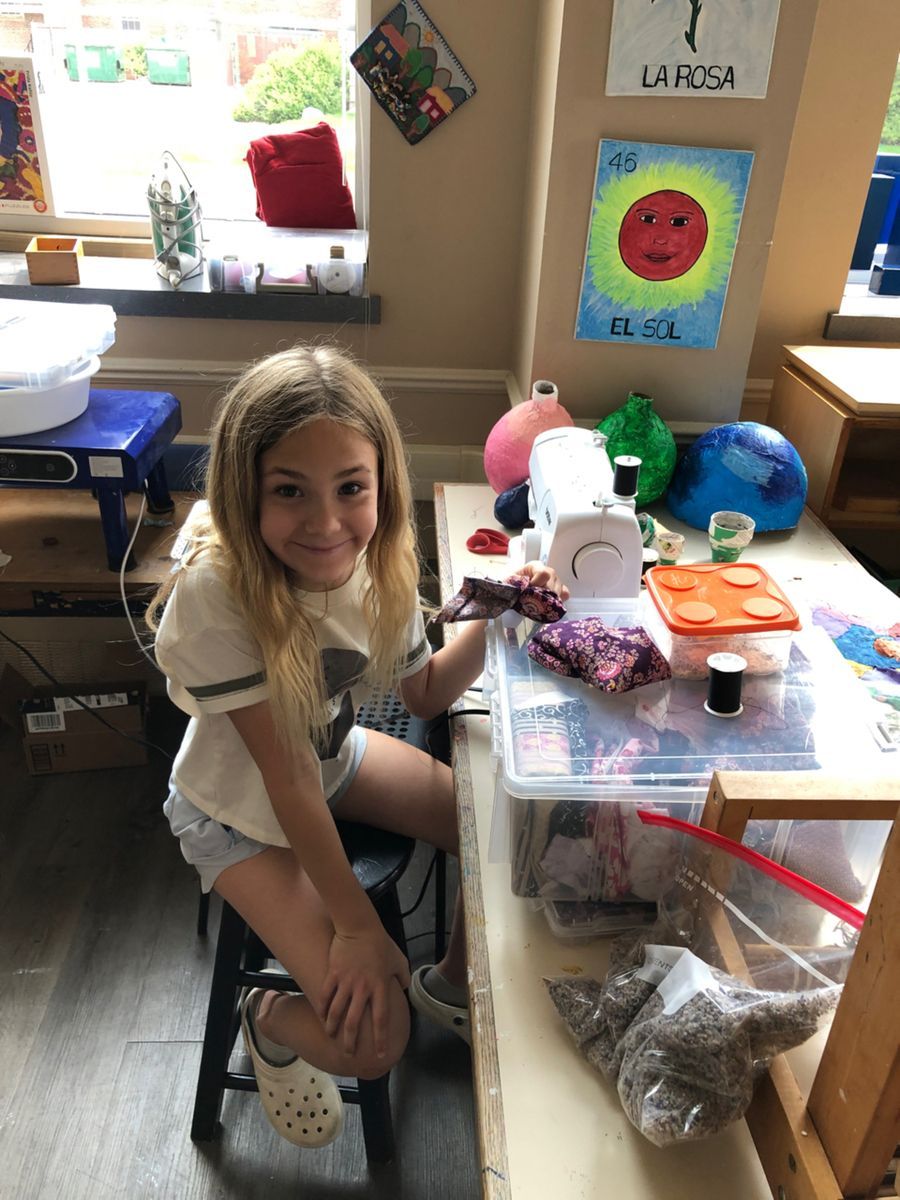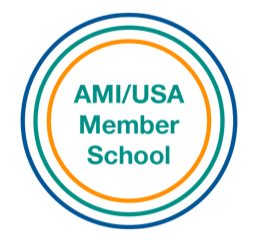Elementary Curriculum
Ages 6 - 12
Elementary Curriculum
Our Elementary Program extends our Children's House Program, as the material continues to build for our six to twelve-year-old students. Montessori education at these ages emphasizes the sense of self through independence, confidence, and self-discipline practice.
The curriculum for the Elementary students includes reading and introducing critical thinking, mathematics, geometry, history, geography, the study of maps, botany, zoology, language arts, and the arts.
At this age, we also focus on Peace Education: We devote a section of the classroom to sustaining a calm environment. Children can sit quietly, read a book about peace, relax, or meet with friends to resolve problems using the learned conversational tools.
The Elementary Montessori Curriculum uses "The Great Stories" as a springboard for interdisciplinary learning. Each of these lessons is a jumping-off point to key academic areas. These stories spark the imagination of Elementary students and give them a context for further study. Instead of approaching schoolwork as discrete subjects, Montessori Elementary students discover the interrelationship between topics and understand how math, language, science, history and the arts are important. This reflects the way the world really operates and how adults solve problems.
Advanced Practical Life skills are a continuation is Elementary with students taking ownership over preparing community meals, planning, maintaining, and harvesting our gardens, exploring and implementing microeconomics, and planning and executing outings into the greater community for example.
Interwoven Elementary Enrichment Classes:
- Spanish: Spanish integration is offered to students throughout their day, from a cultural, innovative, and accurate aspect, aligning the curriculum with Montessori lessons and structure
- Music: Montessori students are presented with music instruction that includes singing, movement, theory, instrument exposure, and music history.
- Art: Students experience art lessons introducing various media and techniques.
- Computer Skills: Students work with various computer skills such as typing skills, accessing and discerning between accurate information, and digital citizenship.
- Physical Education: Physical Education classes guide children through a program promoting the development of their physical attributes and social skills.
PROGRAMS
North Shore Montessori School
4650 North Port Washington Road
Lexington Building
Milwaukee, Wisconsin 53212
North Shore Montessori School
North Shore Montessori School






